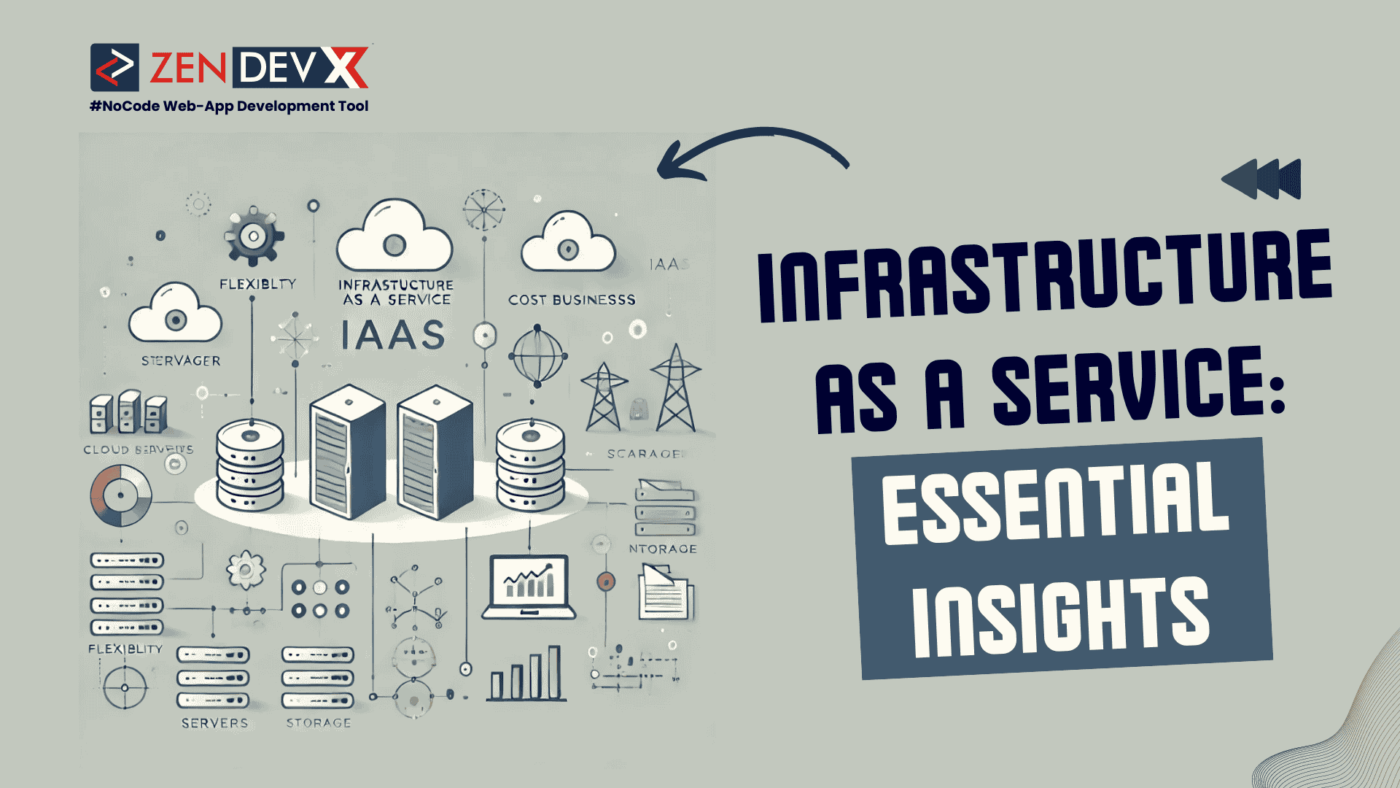Infrastructure as a Service (IaaS) has transformed the operations of small enterprises by offering a flexible and cost-effective solution for managing their IT infrastructure. Utilizing IaaS enables small firms to access an extensive array of cloud computing resources—servers, storage, and networking capabilities—without incurring substantial hardware or software expenditures. This adaptability enables small firms to swiftly expand or contract their IT infrastructure in accordance with evolving corporate requirements, hence enhancing their agility and responsiveness to market fluctuations.
A primary advantage of IaaS for small enterprises is the capacity to pay solely for the resources utilized, hence eliminating the necessity for substantial initial investments. This pay-as-you-go model enables companies to optimize resource allocation, thereby reducing expenses and enhancing profitability. Furthermore, IaaS enables small enterprises to swiftly and securely deploy applications and services, hence reducing their reliance on internal IT expertise.
IaaS is particularly advantageous for small firms as it enables them to concentrate on their core competencies rather than expend resources on IT infrastructure maintenance. Small enterprises can allocate resources for innovation, marketing, and customer service by outsourcing IT infrastructure administration to a cloud service provider, hence enhancing development and competitiveness.
Nonetheless, successful IaaS adoption relies on meticulous planning and implementation. Small enterprises must meticulously evaluate their IT requirements, select an appropriate cloud service provider, and guarantee that their applications operate on the cloud as optimized versions. This can be a daunting process, especially for small organizations lacking adequate IT expertise.
This paper will highlight the essential facts that small businesses must understand regarding IaaS, including its benefits, obstacles, and optimal deployment procedures. We will examine the potential of IaaS to augment organizational agility, reduce expenses, and improve IT security. Upon completion of this essay, small business proprietors and IT professionals will possess a comprehensive understanding of how IaaS may facilitate business growth.
IaaS for Small Firms
Infrastructure is becoming an essential resource for small enterprises aiming to optimize their operations, enhance their online visibility, and boost overall efficiency. This blog will examine IaaS, encompassing its advantages, obstacles, and optimal strategies for small enterprises.
Infrastructure as a Service (IaaS) refers to the online delivery of computing resources, enabling organizations to allocate their infrastructure requirements. In recent years, small enterprises seeking to expand their operations without incurring substantial costs associated with traditional infrastructure enhancements have increasingly embraced this approach.
The advantages of IaaS for small enterprises
- An advantage of IaaS is its scalability, allowing you the flexibility to increase or decrease resources as required. Small enterprises managing diverse duties significantly profit from this since they can adjust their infrastructural resources.
- Outsourcing infrastructure requirements enables firms to save expenses associated with maintaining their own data centers, servers, and equipment. This facilitates the more efficient utilization of resources and reduces capital expenditures.
- IaaS enables enterprises to utilize a diverse array of cloud computing services, including servers, storage, and networking. The ability of small enterprises to swiftly adapt to evolving consumer preferences and market dynamics is crucial for their survival.
- IaaS providers often adhere to stringent security standards to safeguard business data and applications. This encompasses encryption, firewalls, and intrusion detection systems.
Obstacles for Small Enterprises Execution of Infrastructure as a Service (IaaS)
- A significant challenge associated with the adoption of IaaS is the migration of data from existing systems to the cloud. This technique can be intricate and labor-intensive due to constrained resources, particularly for small enterprises.
- Small firms frequently struggle to guarantee that their IaaS provider fulfills their specific security and compliance requirements. Neglecting this necessity may result in compliance issues and data breaches.
- Seamless integration of IaaS with existing corporate systems such as CRM, ERP, and other applications is essential. This procedure may be intricate and require substantial technical proficiency.
Optimal Concepts for Small Enterprises
- Selecting the Appropriate IaaS Provider: Choose a vendor that aligns with your company’s objectives and requirements. Investigate their security measures, customer service quality, and product options to ensure they fulfill your requirements.
- Methodically create your move strategy: Develop a comprehensive data migration strategy to ensure accurate system integration and the allocation of all requisite data.
- Supervise and manage your offerings: Consistently monitor your IaaS offerings to verify their optimal performance. Employ management strategies to optimize performance and regulate expenses.
- Verify Compliance and Security: Conduct comprehensive security audits to ensure your IaaS supplier adheres to all legal regulations.
Case Analyses and Achievement Narratives
Numerous case studies illustrate the effective adoption of IaaS by small enterprises. For example, the tiny IT consulting firm Perfcon transitioned its operations to the cloud, yielding substantial cost reductions and enhanced scalability. A small corporation named Growth Organizations rapidly expanded its operations with IaaS, hence enabling swift development without substantial financial investment.
The Evolution of Infrastructure as a Service (IaaS)
As the cloud computing landscape evolves, IaaS is anticipated to become increasingly significant in the digital strategies of small enterprises. Emerging technologies such as artificial intelligence and machine learning will enhance IaaS capabilities by facilitating automation of additional procedures and refining decision-making processes for enterprises.
Infrastructure as a Service (IaaS) provides small businesses with scalability, cost efficiency, and improved security. Companies must meticulously strategize their transfer, select an appropriate provider, and guarantee security and compliance. Utilizing the capabilities of cloud computing to foster innovation and growth through IaaS enables small enterprises to effectively compete in the contemporary digital economy.
Utilizing IaaS capabilities, small enterprises can enhance overall efficiency, augment their online visibility, and streamline operations. As the landscape of cloud computing evolves, IaaS will become increasingly vital for small firms’ digital strategies.


